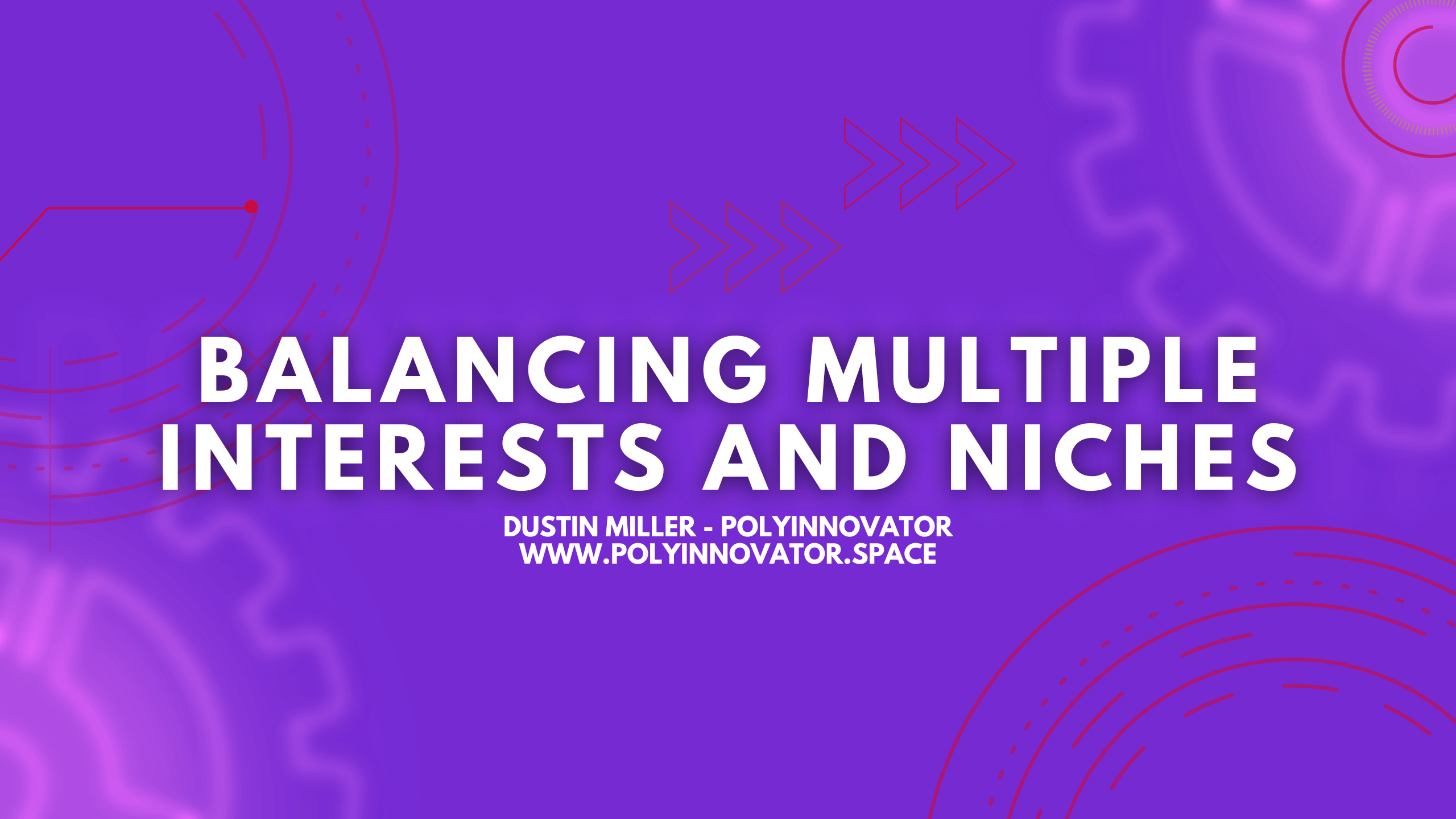To the Jacks or Jills of All and Many Trades, out there in the world!
What is a Jack of All Trades?
A lot of people misunderstand this polymathic lifestyle. You might consider the JoAT to be a dilettante, or worse someone lacks discipline.
“A jack of all trades is a master of none, but often times better than a master of one.”
However what is interesting is that it is far more than that. It is more of a novice to medium-knowledge level in many areas. Oftentimes upwards of a dozen knowledge areas.
How does it fit into the Multidisciplinary Spectrum?
Coming after the multipotentialite on the Spectrum, this is where Multi's end up after pursuing many areas for long enough.
Having the potential to do many things, and have DONE those many things. However since your attention is split between multiple interests, the opportunity cost of time caused you to not DEEPLY progress in all fields.
Although you are probably wiser than the layman about most things.
Why SHOULD we level up?
While the cross-context and transcontextual knowledge has helped you up to this point. As being knowledgeable in many areas is really helpful for finding surface level innovations.
The progress you make now will be from more specialization in a few different fields. Taking the number down from 10-15 areas of knowledge, down to 4-5, which to some is still "too much". However I think at this stage that is completely okay.
You still need to put in the time to learn those skills and knowledge areas more deeply. I'm not saying you have to give up on your side passions, but more so put them to the side. If you are truly passionate about it, then you'll bring them back later. Keep them alive on the back burner.
Combining Skills and Further Progression
As mentioned in the last section the transcontextual knowledge can be super helpful, including in the mindset of progression. Skills can be translated to adjacent skills. Allowing you to learn something new much quicker, as it isn't as "new" as you might've initially thought.
A simple example would be the Latin languages, going from Spanish to Italian. They are different tongues, but you'll end up understanding far more than you thought.
This concept applies to things like math or science, or even philosophy.
Polymathy is the end goal
The point of this series is to get people to realize that all of these terms are great. I hope that the Multidisciplinary Spectrum helped you find where you are at now. Having an "identifying term" is extremely prudent to your overall self-image and confidence.
I just want to motivate you to go farther, to take yourself to the next level. As they talk about in RANGE, the dabblers spread themselves out, then find something they like to do. Then they stick to that, becoming T-shaped, then the process repeats.
After a few repeats you have 3-4 areas of knowledge, and then all you have to do is pursue a deeper level to become a polymath.
You already like learning (autodidactic), and the basic idea of a polymath is that you have 3 or more DEEP areas of knowledge. The jack of all trades leads into that lifestyle naturally.
![Official Website for Dustin Miller PolyInnovator [LLC]](https://polyinnovator.space/content/images/2025/03/polyinnovator-logo-2024.png)











